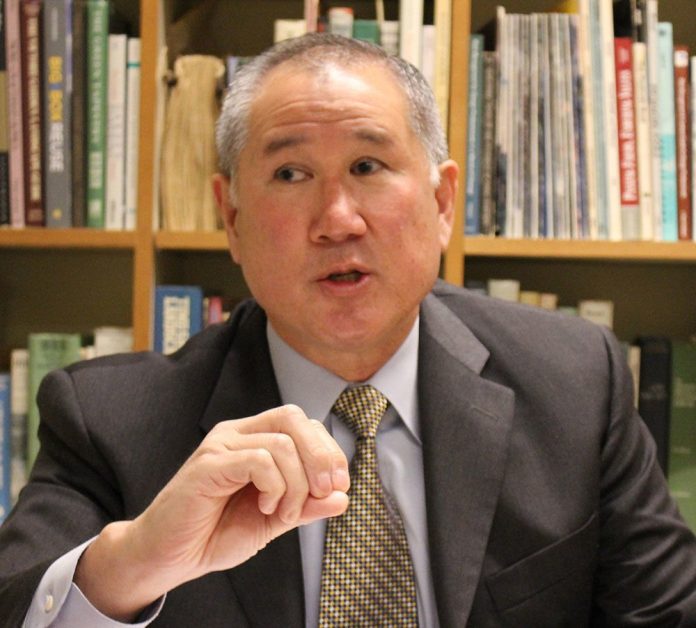For a contest marked by so much scandal and mudslinging leading up to the June primary, the Santa Clara County sheriff’s race seemed oddly quiet lately. But Sheriff Laurie Smith’s challenger, retired Department of Corrections chief John Hirokawa, was apparently scrambling behind the scenes this past week after missing a deadline to get his candidate statement on the fall ballot.
It took two court motions and a whole lot of finger-pointing to remedy the misstep so Hirokawa’s name wouldn’t appear next to a blank box on the election booklets mailed to about 850,000 prospective voters. He pulled it off by simultaneously shifting blame on the county and tapping insiders at the same agency for help, putting one political backer especially in a tough spot.
Missing a deadline that most other candidates routinely meet is another apparent misstep in a campaign that has cycled through campaign managers and struggled to find its footing since Hirokawa emerged second in a field of five candidates to challenge Smith in the general election—the first contested runoff in two decades. Rather than picking up momentum, however, Hirokawa remained on the defensive over the the involvement of his leading backer and close political ally, Deputy Sheriffs Association President Don Morrissey, in a racist texting scandal. Morrissey resigned as union head on July 26, eight weeks after the primary.
The last day to submit a candidate statement to the Registrar of Voters (ROV) was Aug. 10, but Hirokawa didn’t realize he blew past the deadline until three weeks after the fact, on Aug. 31, according to his initial legal petition.
“I was unaware of this requirement as I never received the candidate booklet from the ROV and due to confusion, neglect or mistake failed to recognize this was a required deadline as set forth in the primary booklet,” he wrote under penalty of perjury, which seems to contradict records showing that he signed for a copy of the guide on March 8.
Santa Clara County Superior Court Judge Helen Williams rejected the motion, saying state election law “does not provide relief for lack of compliance.”
So Hirokawa gave it another shot.
By Jennifer Wadsworth








